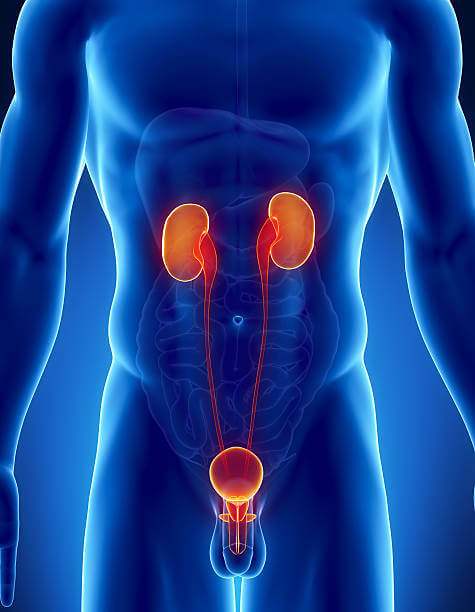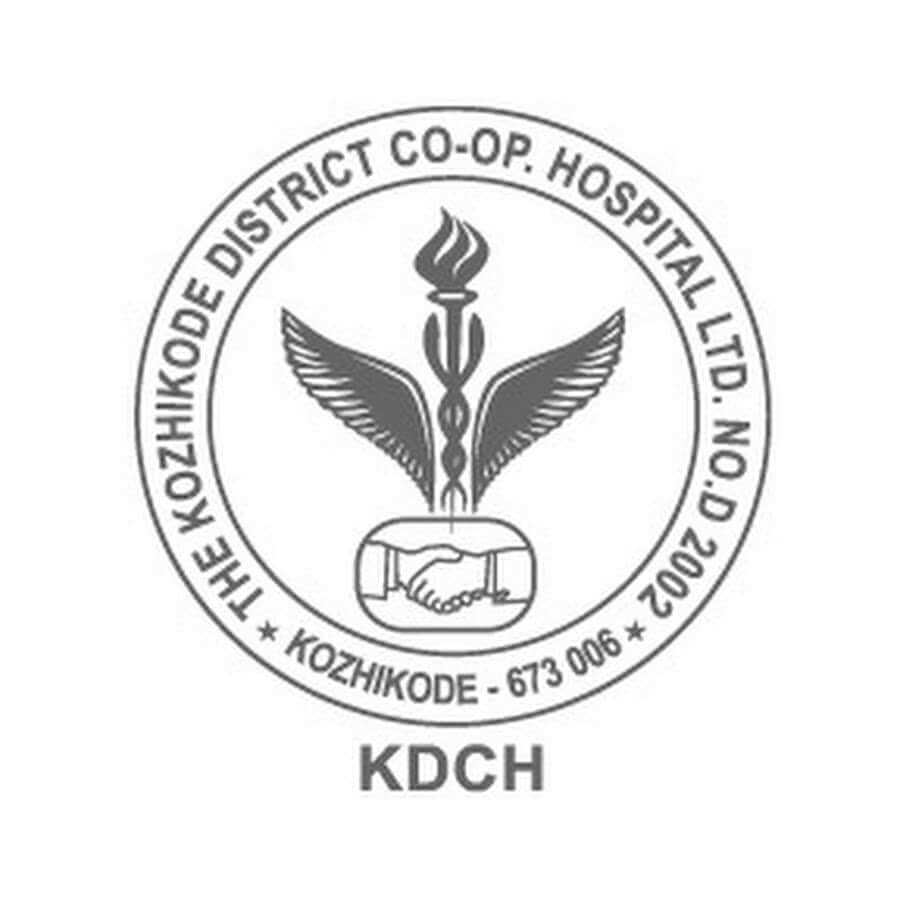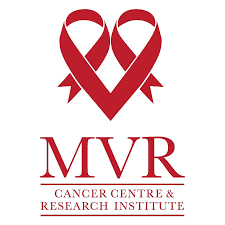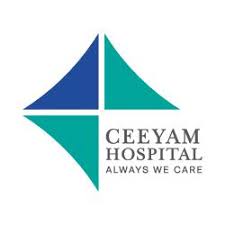Uro-Oncology

Advanced Uro-Oncology for a Healthier Tomorrow
Uro-Oncology is a super-specialized field that deals with cancers of the urinary system in both men and women, and the male reproductive organs. These include:
- Kidneys
- Ureters
- Bladder
- Prostate
- Testicles
- Penis
These cancers can range from slow-growing and curable, to aggressive and life-threatening—but early detection and timely treatment can make all the difference.
Cancer Treatment Therapies
Surgery
What It Is: Physical removal of cancerous tissue or organ.
When It’s Used: Early-stage or localized cancers Tumors that can be completely removed
Types:
Curative surgery: Removes all cancer
Debulking surgery: Removes as much tumor as possible
Palliative surgery: Relieves symptoms
Pros: Can eliminate cancer completely if localized
Immediate removal of tumor
Cons: Not suitable if cancer has spread
Involves recovery time and anesthesia risks
Examples: Radical prostatectomy (prostate cancer), Nephrectomy (kidney cancer), TURBT (bladder cancer)
Chemotherapy
What It Is: Use of anti-cancer drugs to kill fast-growing cancer cells.
When It’s Used: Cancers that have spread (metastasized)
After surgery to kill remaining cells (adjuvant therapy)
To shrink tumors before surgery (neoadjuvant)
Pros: Can treat widespread cancers
Can be combined with other treatments
Cons: Side effects: nausea, hair loss, fatigue, low immunity
Affects normal fast-growing cells (e.g., hair, gut lining)
Radiation Therapy
What It Is: Uses high-energy rays (like X-rays) to destroy cancer cells.
When It’s Used: To shrink tumors before surgery
After surgery to destroy remaining cancer cells
As main treatment when surgery isn’t possible
Types: External Beam Radiation Therapy (EBRT), Brachytherapy (internal radiation with radioactive seeds)
Pros: Painless and non-invasive Can preserve organ function (e.g., bladder or prostate)
Cons: Skin irritation, fatigue, urinary or bowel side effects
May take multiple sessions (daily for weeks)
Immunotherapy
What It Is: Boosts or modifies the immune system to fight cancer naturally.
When It’s Used: Advanced or resistant cancers
Cancers like kidney, bladder, melanoma
Pros: Can give long-term remission
Works differently from chemo; fewer side effects
Cons: Only works in some cancers/patients
Can trigger autoimmune reactions (e.g., colitis, pneumonitis)
Targeted Therapy
What It Is: Boosts or modifies the immune system to fight cancer naturally.
When It’s Used: Advanced or resistant cancers
Cancers like kidney, bladder, melanoma
Pros: More precise, fewer side effects than chemo
Often taken as pills
Cons: Not all tumors have targetable mutations
Cancer can develop resistance
Hormone Therapy
What It Is: Blocks hormones that fuel certain cancers like prostate or breast cancer.
When It’s Used:
Prostate cancer: blocks testosterone
Breast cancer: blocks estrogen
Pros: Slows or stops cancer growth
Often used in long-term maintenance
Cons: Side effects: hot flashes, sexual dysfunction, bone thinning
Stem Cell / Bone Marrow Transplant
What It Is: Replaces damaged bone marrow with healthy stem cells (usually in blood cancers).
Pros: Allows high-dose chemo
Can restore blood cell production
Cons: Intense and riskyRequires hospital stay and donor matching
Urological Excellence Across Four
Premier Hospitals
Book an Appointment at Your Preferred Hospital!!

Malabar
Hospital
A multi-specialty hospital known for its advanced surgical facilities and compassionate care. Malabar Hospitals is a center of excellence in minimally invasive and laparoscopic procedures, where Dr. Shenoy performs high-end urological surgeries.

KDCH
Hospital
An established name in affordable and quality healthcare, KDCH is committed to serving the community with transparency and trust. Dr. Shenoy offers outpatient consultations and surgical services here, making expert care available to all.

MVR Cancer Centre & Research Institute
A centre of excellence in comprehensive cancer care, it is dedicated to delivering advanced, affordable, and compassionate treatment. Dr. Shenoy provides specialized uro-oncology consultations and surgical expertise here.

MBH Hospital
Dr. Shenoy provides expert urology consultations and advanced surgical care here, offering comprehensive treatment for a wide range of urological conditions to patients in the region.

Ceeyam
Hospital
It is recognized for its dedication to patient care and clinical excellence. Dr. Shenoy provides specialized urology consultations and surgical services here, ensuring high-quality treatment for urological conditions.

DMS Hospital
It stands as a reliable centre for quality and affordable healthcare. Dr. Shenoy offers expert urology consultations and surgical services here, delivering advanced and compassionate care for various urological conditions to patients in the region.
Frequently Asked Questions
Is cancer always treated with chemotherapy?
No. Treatment depends on the type, stage, and location of cancer. Some cancers are treated with surgery, radiation, or targeted therapy without chemotherapy.
Are cancer treatments painful?
Some treatments like surgery can cause temporary discomfort. Side effects like fatigue, nausea, or skin irritation may occur, but modern supportive care helps manage them effectively.
Can cancer be cured?
Many cancers are curable, especially if detected early. Others can be controlled for many years with proper treatment. The aim is either cure, control, or relief from symptoms.
What is immunotherapy, and who needs it?
Immunotherapy helps your immune system recognize and fight cancer cells. It is used in certain types of cancers like bladder, kidney, and lung cancer, especially when other treatments fail.
What are the side effects of chemotherapy?
Common side effects include:Hair lossNausea and vomitingFatigueLow immunityHowever, not everyone experiences all side effects, and medications are available to reduce discomfort.
Will I lose my hair during cancer treatment?
Hair loss is common with certain chemotherapy drugs, but not all treatments cause it. Radiation and targeted therapies usually do not affect hair unless aimed at the scalp.
Can I continue working during treatment?
This depends on the type of treatment, your energy levels, and your job. Some patients continue to work part-time, while others may need time off to rest and recover.
Contact Info

Hospital Address
Eranjipalam Junction, EranjipalamKozhikode, Kerala - 673020

Email Us
info@malabarhospitals.com

Phone Us
0495 238 7000
© Copyright 2025 Dr. Aditya Shenoy
